Our limited-edition run of Adrian Bell’s Silver Ley has sold out but we have discovered some review copies in our stock room which are now available to order. If you would like us to source a second-hand limited edition copy of Silver Ley for you, please email Jess ([email protected]) and we will do our best to track one down for you.
In this captivating sequel to Corduroy, his account of moving from London as a young man to learn farming in Suffolk after the First World War, Adrian Bell describes the hardships and happiness of setting up on his own farm.
The story opens in 1921 as Bell wakes, full of hope, to start his new life at Silver Ley after a year spent as a farming apprentice nearby with the fatherly Mr Colville. Motor-cars, running water and electric light are only just beginning to penetrate rural East Anglia, and life is hard. But there is something in Bell which glories in the harsh simplicity of life on his own small farm. He loves the sense of independence, of achieving a relationship with his own land, and he has the poet’s eye for describing it. ‘There are worlds within worlds,’ he writes, ‘and to know thoroughly the whole of a single acre of my land would have taken several lifetimes.’
The scene changes however when his family decide to move to Suffolk, renting a larger house nearby, where Bell joins them while continuing to farm at Silver Ley. In many ways life becomes even busier and far more comfortable as his mother takes enthusiastically to rural housekeeping and Bell becomes more involved in village life, joining the school board, attending the flower show and parties at the local manor house, playing hockey, acting as a special constable during the General Election and getting to know a cheerful social set very different from the one he had left in Chelsea. But ultimately for him there is something missing, and when his family decide to move away again he returns, with mixed feelings, to his solitary existence at Silver Ley. This is an extraordinarily moving, quietly observed and unsentimental picture of a rural world and a way of life which was even then fading and which we, the readers, know will soon vanish forever.
‘Should your back start to ache after pulling weeds, spare a thought for Adrian Bell who, in 1921, set up as a farmer in Suffolk. This is the tale of his first year there. Filled with wonder and exuberance as he wrestles with recalcitrant heifers and attempts straight furrows with his plough, the story takes a bizarre twist when his family joins him from Chelsea. This is utterly enchanting.’ The Lady
From the Farmhouse Window
The middle volume of Adrian Bell’s inter-war farming trilogy, Silver Ley (1931), is, in its quiet, unassuming way, the most poignant memoir I think I have ever read. Picking up where his first book...
Read moreHow long had I been standing here under the old cherry tree?
How long had I been standing here under the old cherry tree? Minutes or years? While the storm with its batteries of thunder deployed across the sky, letting fall but a few drops – for all its...
Read moreAnother Country
Bell’s first book has the virtues which allow it to transcend its times: acute observation, sincerity and that simplicity of style which does not date. Published in 1930, it portrays a way of life...
Read more




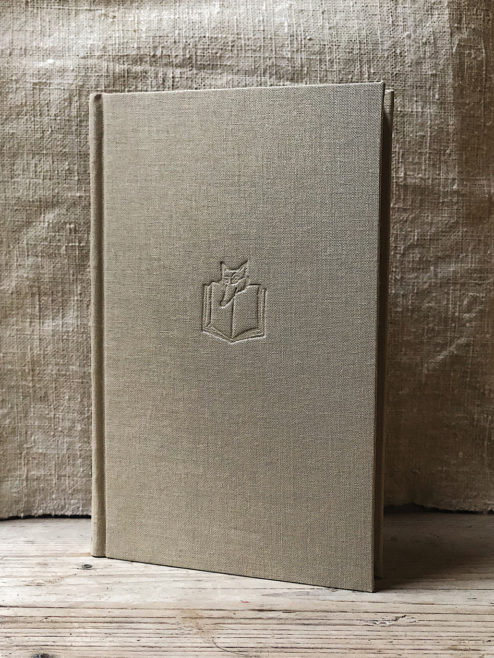
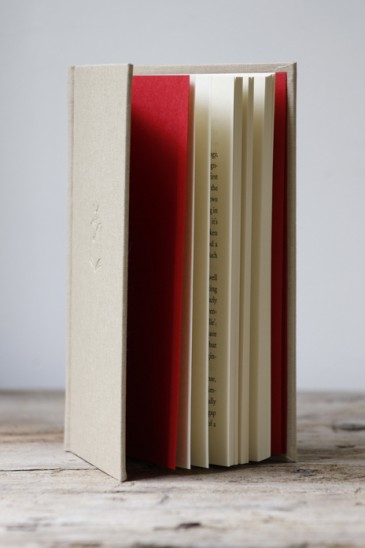

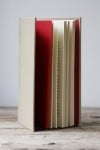
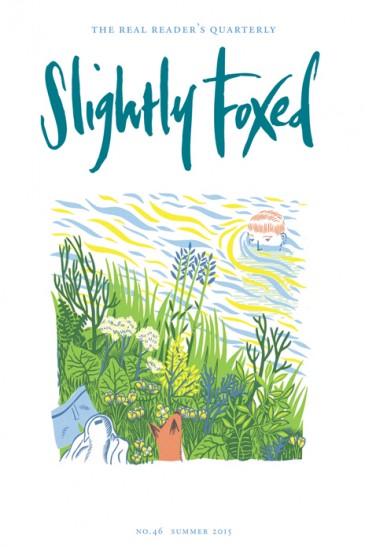
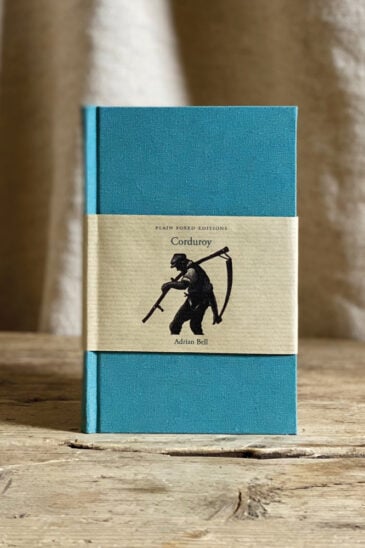
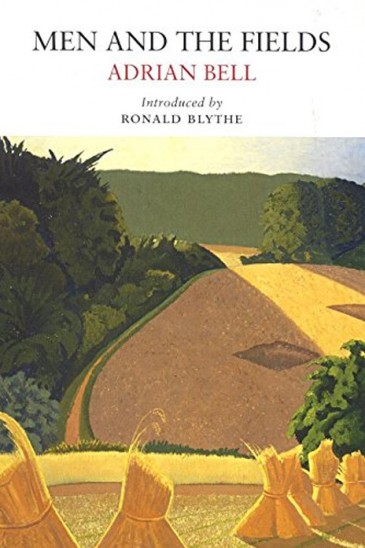
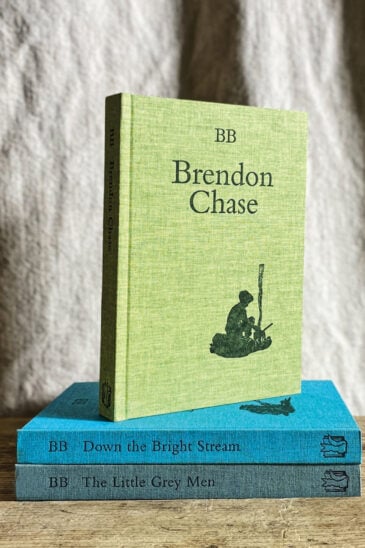
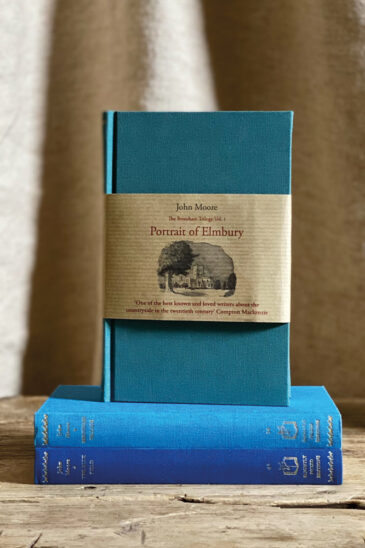
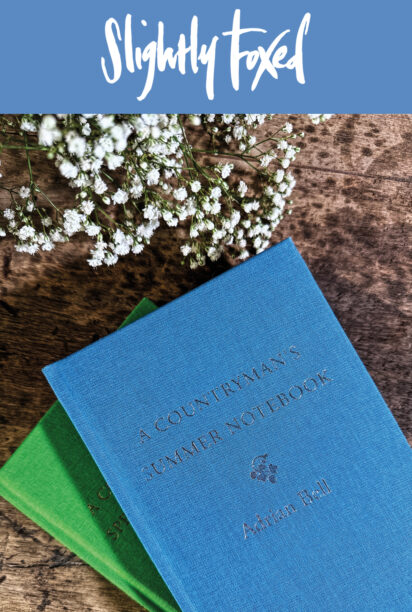
Silver Ley is, for the most part, an overwhelmingly happy read, part of an extraordinary outpouring of literature about nature and landscape that occurred in the 1920s and 1930s. But where many of his contemporaries are now little read, Bell’s work endures. The difference lies partly in the sheer quality of the writing; he was ‘in love with words’, as Ronald Blythe, who knew him well, has noted. What Silver Ley leaves you with at its close is two things: a sense of a lost world – the last of the yeomanry, the last heavy horses, the end of a certain kind of rural society – but also a contradictory sense of changelessness, of the way that the fields, at least, endure.